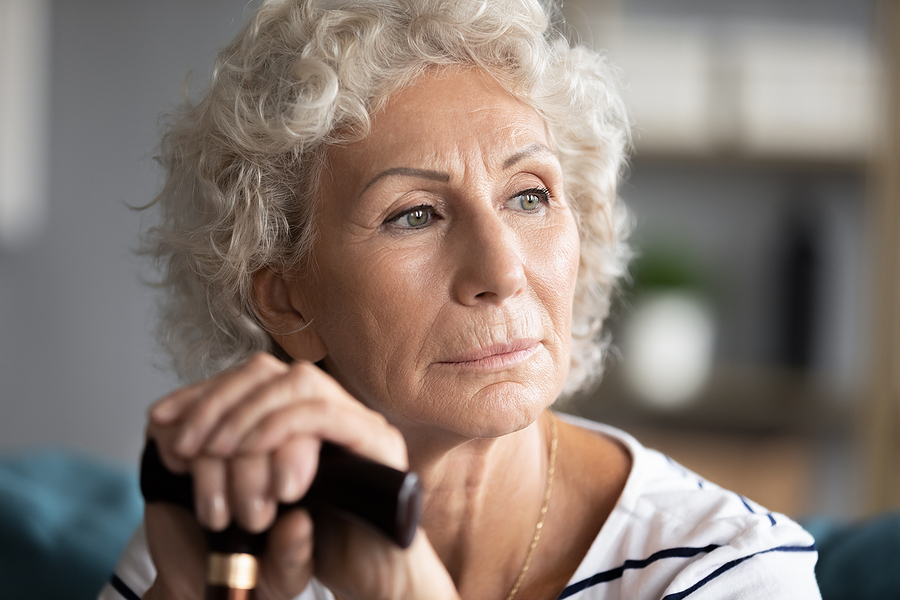Parkinson’s Awareness Week
It’s Parkinson’s Awareness Week a campaign focused on bringing about better awareness to help people living with the condition.
Despite Parkinson’s being the second most common neurodegenerative condition after dementia in the UK, many still understand little about it.
People with the condition often feel lonely, isolated and trapped in their homes as well as their bodies. World Parkinson’s Day hopes to help change attitudes and make society more Parkinson’s friendly by raising awareness and highlighting some of the everyday realities of living with the condition.
When it comes to Parkinson’s, little changes can make a big difference.
What is Parkinson’s?
Parkinson’s is a progressive neurological condition – people diagnosed with the disease don’t have enough dopamine because specific nerve cells inside their brain have died. We don’t yet know why this happens and currently there is no cure.
Once diagnosed, Parkinson’s can make simple, everyday activities very challenging for sufferers and rob people of their independence, relationships, and dignity. Without dopamine, people can find that their movements become slower and it takes longer to do things.
Normal tasks like eating, getting dressed and using the phone or computer become difficult and frustrating.
One in every 500 people is diagnosed with Parkinson’s – in the UK, there are 127,000 people living with the condition.
Symptoms
Parkinson’s affects different people in different ways. The symptoms most associated with Parkinson’s affect movement and include
- Tremor (shaking)
- Slowness of movement
- Rigidity (stiffness)
There are also many non-motor symptoms that can include everything from pain to depression. The order in which the symptoms appear and progress are different from person to person; they appear slowly and progress gradually.
Some of the more common early symptoms include often include feeling tired and weak, poor hand co-ordination, problems with handwriting and a shaking in the arm.
It may be months or even years before symptoms become obvious enough for you to visit your doctor. If you are concerned you or someone you love might have Parkinson’s visit your GP – they will refer you to a Parkinson’s specialist who can give an accurate diagnosis and advise treatment options, which could include a combination of drug treatments and physical therapies.
Finding support
If you or someone you love is concerned about Parkinson’s there are plenty of places you can find help and support. Parkinson’s UK offers support from its website along with a confidential helpline you can call and a list of local groups where you can find others living with the same condition in your community.
How you can help
The good news is, you don’t need to be an expert to get involved and make a difference in someone’s life who is living with Parkinson’s – small changes to your own behaviour can make a big difference to the lives of those dealing with the condition by helping them to feel part of their local community again. Simple gestures can have a big impact – here’s five to try.
- Put the kettle on
Shaking muscles can mean making a cup of tea is almost impossible. Offer to put the kettle on. - Let someone go first
Parkinson’s can make muscles feel agonisingly stiff, making simple tasks like packing shopping and standing in line difficult. Let someone go before you in line and give them the time they need. - Hold the door open
Weak muscles and tiredness make even opening the door a challenge. Hold open the door for a stranger. - Help a neighbour
Symptoms change from day to day for Parkinson’s sufferers. Offering to do small jobs can make the bad days more bearable. - Let someone cross the road
Stopping your car to let someone cross can be a huge relief for people with Parkinson’s, who have slower movements and need more time to cross the road.
Do you know anyone with Parkinson’s disease?
Rachel - Silversurfers Assistant Editor
Latest posts by Rachel - Silversurfers Assistant Editor (see all)
- Graham Norton’s funniest interviews - April 2, 2024
- Chocolate dipped strawberries for Easter - March 28, 2024
- Elton John’s Greatest Hits Playlist - March 24, 2024
- The best of Diana Ross - March 23, 2024
- Easter activities for grandchildren - March 23, 2024






















